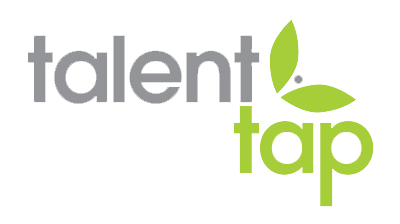Nobody Wins With A Counter Offer
Bernadette Hill
June 1, 2022
Point of View: You receive an out of the blue meeting request with no particular topic from one of your top performing direct reports. Your heart falls to your stomach and your mind starts racing; because as a people manager, you know all too well - they’re likely calling the meeting to resign. Most people managers know this feeling; as well as the scramble they may feel in the aftermath. Offboarding can be a difficult process and hiring top talent is no easy feat; plus you may actually really like your departing team member. This may lead to a desire to put up a fight to retain your cherished team member with a counteroffer. But is a counteroffer the best solution?
Let’s start with defining a counteroffer. A counteroffer is an offer that an existing employer makes to an employee who has received an offer from another company, and is intending to resign. A counteroffer is often compensation-based, but can also include promotions in title and responsibility, as well as other job perks. In the current state of the job market, amidst the Great Resignation, it can be tempting to pull out all the stops to retain top talent. But the counteroffer is a short-sighted solution that can lead to detrimental downstream effects. Here are a few things to consider:
Proactive, not reactive, compensation is important
Companies may think that presenting a counteroffer to an employee proves that they believe the employee to be valuable to their organization. But in reality, it's showing them the opposite and eroding trust all around. If the company could provide these benefits all along, why did it take a resignation to provide them?
Think long-term
Counteroffers rarely address all of the reasons behind why an employee would depart an organization. Even if an employee accepts a counteroffer, research shows that the employee still leaves within six to 18 months. An employee who has undergone the interview process with another company has likely already mentally and emotionally checked out of their current employer. Compensation or perks may energize them temporarily, but the reality of their situation inevitably creeps back in and pulls them away once again.
Perceptions matter
An accepted counteroffer does not impact just the manager and the one employee, it impacts the entire team. Other team members may feel slighted that they were not given additional or improved benefits while remaining loyal to the company, or perhaps they may too recognize that they may be valued more elsewhere.
There are occasions when counteroffers go well, of course. Especially among those who are happy with everything in their role except for compensation. In those specific instances, counteroffers can be a helpful tool to retain your employees. However, it can be difficult to get to the root cause of why someone wants to leave your organization, and you will never know what they experienced in interviewing for other organizations. Therefore, as a general practice, prevention is the best solution. Try focusing on the following:
Pay fairly
Don’t withhold compensation until someone resigns, but rather invest in your team while they’re still with you. Run regular reports to ensure there is pay equity within your organization, and that your team meets their market value.
Build trust
Build strong relationships with your team members; where there is mutual trust and psychological safety to share feedback. Ensure there is an inclusive culture where everyone can feel that they belong.
Don't skip exit interviews
When someone does leave your team (it will happen), use their resignation as an opportunity to learn from potential mistakes. Conduct an exit interview to determine the departing employee’s pain points and how you can adjust for your other team members.
Though a counteroffer may seem like the answer to your problems in retaining talent, it is merely a band-aid on a much deeper wound. Try not to get caught up in the potential short-term win, and instead focus on adjusting how you treat your employees to ensure there is a long-term path to success.
Share This Post!
Talent Tap Trends & Insights | Lancaster, PA



